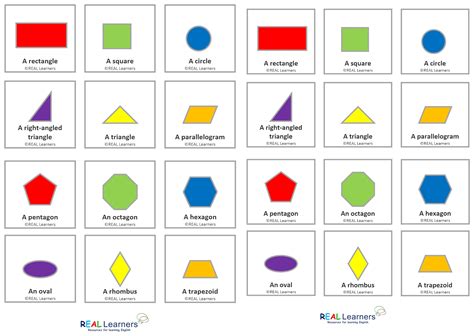The Role of Tokenomics in Shaping the Market Value of Algorand (ALGO)
In the rapidly evolving world of cryptocurrency, a crucial aspect that has gained significant attention is tokenomics. This field of study focuses on understanding how the design and structure of tokens affect their market value, adoption, and overall performance. One of the most successful and widely adopted tokens in recent years is Algorand (ALGO), an open-source, decentralized public network for secure, scalable, and fast transaction processing. In this article, we will explore how tokenomics shapes the market value of Algorand.
What is Tokenomics?
Tokenomics is a multidisciplinary field that examines the underlying structure and design of tokens, including their supply, distribution, usage, and governance models. It aims to understand how tokens interact with their ecosystem, users, and other stakeholders, ultimately shaping their market dynamics. Tokenomics encompasses various aspects, such as token creation, transferability, security, and utility.
Algorand’s Tokenomic Structure
Algorand is a Proof-of-Stake (PoS) blockchain network that utilizes a consensus mechanism based on the Algorand protocol. The network has a unique tokenomics structure that sets it apart from other cryptocurrencies:
- Token Supply: The total supply of ALGO is capped at 45 billion units, with approximately 36 billion units already in circulation.
- Token Distribution: 30% of the total supply will be reserved for a community fund, while 10% will be allocated to research and development.
- Token Creation: ALGO tokens can be created through various means, including:
* Inflation: A portion of each block reward is used to create new tokens.
* Mining: Additional tokens are generated as a byproduct of mining operations.
- Security: Algorand’s token security is ensured by its Proof-of-Stake consensus mechanism, which requires validators to “stake” their ALGO in exchange for the right to validate transactions.
How Tokenomics Affects Market Value
Tokenomics plays a significant role in shaping the market value of Algorand. Several factors contribute to its influence:
- Supply and Distribution: The token supply’s limited growth rate, coupled with its reserved community fund allocation, can lead to increased demand for ALGO as users seek to participate in the community or support research initiatives.
- Token Creation Mechanisms: The various ways in which new tokens are created (inflation, mining) can influence market sentiment and contribute to price volatility.
- Security: Algorand’s PoS consensus mechanism provides a secure foundation for its network, reducing the likelihood of security exploits or centralization.
- Participation and Adoption: The community’s willingness to participate in the ecosystem, through activities such as staking, trading, or contributing to research, can positively impact market value.
Key Takeaways

The tokenomics structure of Algorand plays a crucial role in shaping its market value. Understanding these underlying design principles can help investors, traders, and users make informed decisions about ALGO’s potential future growth and adoption.
- Stable supply
: The limited supply and reserved community fund allocation contribute to price stability and security.
- Incentivization: The creation mechanisms and token distribution policies incentivize participants to engage with the ecosystem.
- Community involvement: The need for users to participate in the community and support research initiatives drives demand for ALGO.
Conclusion
Tokenomics is a critical aspect of Algorand’s market dynamics, shaping its supply, distribution, security, and participation. By examining the unique tokenomic structure of this blockchain network, we can gain insights into its potential growth and adoption patterns.

